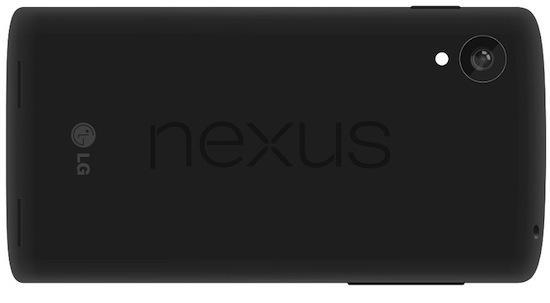
Android has come a long way. Even if you don't necessarily use the platform, you can't deny that Android has seen quite a bit of an evolution ever since its launch in late 2008. Looking back at the T-Mobile G1, for instance, and then looking at something like Sony's Z1 just goes to show that our phones have gotten too good to be true. Almost. And it's only getting better and better.
I wanted to talk about just the software this morning, but the truth is, while the software can speak for itself these days, the hardware simply can't be left out. For those who pick up Android, it's not just about the software. It's about the total package. It's about the device's specifications. If you're a fan of the high-end smartphone, then Android has you covered. Or, even if you just want a mid-range device, there are plenty of options to choose from.
If you're a fan of hardware more than anything else, then Android is a nice bonus, thanks to all its great features. On the flip-side, if you're a fan of Android but don't mind so much about the hardware, then there are usually nice bonuses included with the device's construction, whether it be the display or the processor under the hood.
Android's got plenty of benefit. It's one of the reasons it's become so popular all over the planet.
We can all admit that Android has come a long way over the years, but it had to. Admittedly, Android probably needed proprietary software from companies like HTC or Samsung to claim its mass appeal. Google needed those companies to show off the power of Android, but to give the software an aesthetic boost. Some wondered if it would pay off. It did. Eventually.
And yet, you keep hearing people say they want "stock Android" on high-end devices. That's why we see conversations like, "Google Play Edition or Nexus" and why we'll continue to see that conversation well into the future. There's no denying that proprietary software is a polarizing feature in the Android ecosystem. Some people like it, others hate it.
The Nexus lineup exists for those who don't want to pick up a device with proprietary software on it, (they were originally meant as reference devices for developers, but that ship has sort of sailed over the last few Nexus iterations) or who don't want to root their device to add stock ROMs. The Nexus family has seen quite a big jump in attention and sales lately, and with a lot of excitement building around the upcoming Nexus 5, I don't see it slowing down anytime soon.
Especially if the Nexus 5 is indeed based on LG's recently launched G2, and can still manage to offer a relatively cheap, no-contract price tag. The question now, as we inch ever closer to the new Nexus announcement, is whether or not Good can indeed keep that lower price point.
We'll see additions like LTE and a better camera in the Nexus 5, which could very well mean that they (Google and LG) plan on increasing the price tag with the new Nexus smartphone when it finally launches. But, how much? Google has to realize that the reason the Nexus 4 sold so well is that it had a cheap price tag, especially considering its lack of a contract, and that it had high-end specifications under the hood. People want the next best thing, but sometimes spending upwards of $700 to get it is a hard pill to swallow.
But, the price point isn't the only thing that Google has to address. With LTE reportedly set to be on board the Nexus 5, we're back to asking about network compatibility. Specifically, are we going to see the Nexus 5 support only two carriers here in the United States, officially? Obviously T-Mobile and AT&T love the device's network support, but I imagine that both Verizon and Sprint would love some attention, too.
Switching carriers isn't always an easy thing, especially if you find yourself still under contract with them. There are early termination fees to deal with, and most of them are pretty high more often than not. But switching isn't impossible. If you're thinking about jumping ship and going somewhere else, you just have to ask yourself: is it worth it?
Is the new plan worth it, coverage wise and price wise? But, just as important, is the phone worth it? If the Nexus 5 launches this year with only support for AT&T and T-Mobile, there are going to be a lot of people out there who ask themselves that exact question. Would it be worth ditching Verizon or Sprint to buddy up with AT&T or T-Mobile, just to get the Nexus 5?
So tell me, would you be willing to switch carriers to get the Nexus 5, if your current carrier of choice isn't supported by the device? Would you consider going pre-paid, if given the option, just to get the Nexus 5? Let me know!